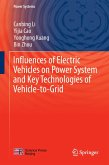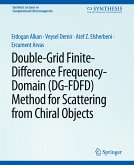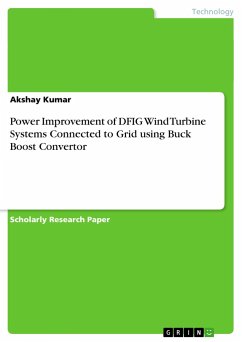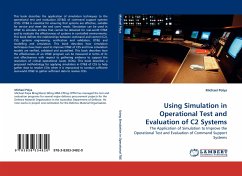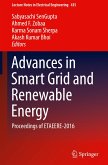This thesis deals with the challenges to frequency stability in the European electricity grid posed by the increasing share of renewable energy resources and electric vehicles. It evaluates European load frequency control systems for their suitability for integration of electric vehicles and the impact of increase in photovoltaic and wind power on frequency stability for the case of Germany, demonstrating a consequent significant increase in frequency control reserve requirements. Evaluation of alternative approaches to load frequency control shows that introduction of an aggregator of distributed energy resources can also significantly reduce the overall infrastructure requirements for grid operators. The operational concepts herein proposed are evaluated using several case studies for optimizing the use of electric vehicles for grid flexibility services by taking into account the user behavior of vehicle owners and supply requirements of these grid services.
Hinweis: Dieser Artikel kann nur an eine deutsche Lieferadresse ausgeliefert werden.
Hinweis: Dieser Artikel kann nur an eine deutsche Lieferadresse ausgeliefert werden.


